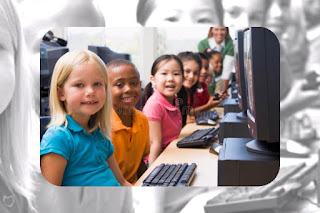All members of society benefit from improving the educational outcomes of all of our children
Does Educational Support for Struggling Students Also Benefit High Achievers?
From Research Insights - IDB
We compared the test scores of higher-achieving students after one academic year, finding substantially greater achievement across the board in treated schools - compared to control schools. In treatment schools where there were tutoring activities, higher-achieving students outperformed similar students in control schools by 0.108 of a standard deviation. This coefficient is sizable and represents roughly 30 percent of the treatment effect on the eligible students (low achievers). For both literacy and math, average achievement decreases monotonically with the share of low-achieving students.
We also estimated the effect of peers’ contemporaneous outcomes on high achievers and found strong evidence of peer effects on academic outcomes. Our results imply that a one-standard- deviation increase in peers’ contemporaneous test scores increases individual reading scores by 0.679 of a standard deviation.
POLICY IMPLICATIONS
Our findings suggest that policies looking to support the bottom of the achievement distribution have the potential to generate social-multiplier effects for all students, providing a strong rationale that underscores why all members of society can benefit from improving the educational outcomes of only some. It is possible to substantially improve the quality of education for all while focusing on the students who need it the most.


